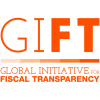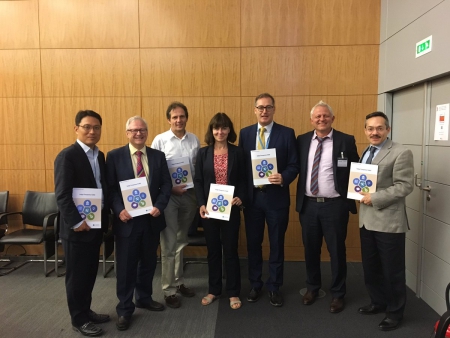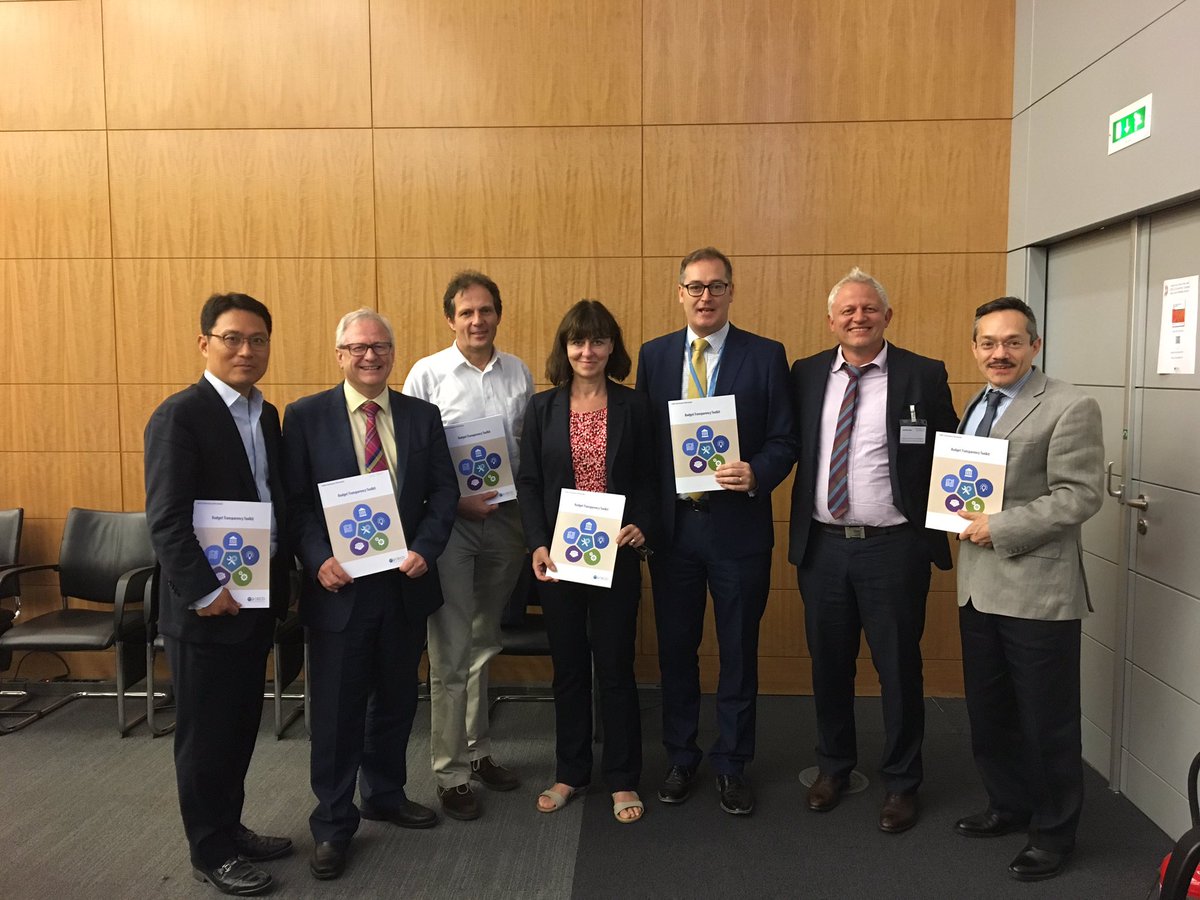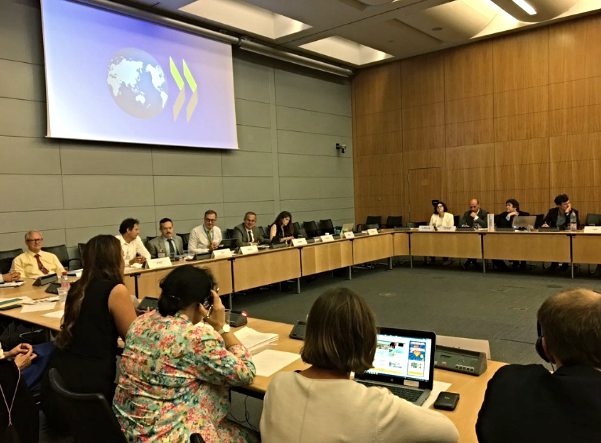On July 7, 2017, the Budget Transparency Toolkit. Practical steps for supporting openness, integrity and accountability in Public Financial Management (Division of Budgeting and Public Expenditures Organization for Economic Cooperation for Development, OECD) was presented, before the Senior Budget Officials of the Central, Eastern and South Eastern Europe region, at the OECD headquarters in Paris. As part of the GIFT coordination team, it as a privilege to witness the formal launch of the Toolkit along with representatives of the GIFT network such as the International Federation of Accountants, the World Bank, the International Monetary Fund and the Ministry of Finance from Croatia.
Participants were enthusiastic to welcome this important, timely, practical resource for decision makers around the world interested in advancing budget transparency. The toolkit delivers a new comprehensive resource which comes from the guidance produced by the international community in the last five years (found in the navigating standards section). It presents a synthesis of insights gained from the complementary work of the different bodies active in the field. And it serves as a gateway to the various reference materials that are available. Furthermore, it helps countries self-assess their level of budget transparency and provides ways forward.
This work is the result of the engagement, coordination, patience, tolerance and leadership of Jon Blondal, Ronnie Downes and their team at the Division of Budgeting and Public Expenditures of the OECD. They achieved what at some point was characterized as very difficult: maintaining consistency with existing standards, focusing on key and common issues, while at the same time including specific items which are work in process . One of these new elements, perhaps the most controversial one, refers to public participation in the budget process.
In effect, the role of public participation to improve the provision of public goods and services, empower citizens and produce sustainable development more broadly, has become a central pillar of good governance. Public participation involves the creation of new opportunities and rules that induce government officials, non-state organizations, and citizens, to engage each other in novel ways. And public participation is also now being linked to the Open Data and transparency movements. On these components, the Toolkit refers to the multidimensional map of budget transparency which includes openness, civic engagement and working with the private sector. Today, we can firmly state: transparency, without users, is useless.
Corruption has become a major concern for voters and governments all around the world. In many electoral processes, at local or national level, it is one of the most important issues, since it undermines the foundations of trust in political leadership and weakens development. Although controlling corruption is extremely difficult, evidence shows that budget transparency is a precondition for effectively fighting it. We also know that without transparency, corruption spreads.
Given that context, fostering budget transparency in a way that helps combat corrupt practices, as the toolkit does, is vital. It is a way to introduce practitioners to the various standards and guidelines that are available, help them understand how these materials complement each other and allow users to go beyond the level of principles and theory, to action and impact.
The reader has a very useful tool to serve as a guide to basic questions and crucial issues, while also reinforcing some key practical messages about budget and fiscal transparency, drawn from this extensive corpus of material.
The GIFT network is pleased to have worked with the OECD in producing this Toolkit. The Toolkit illustrates one of GIFT’s objectives in action: the promotion of more comprehensive and coherent efforts to extend fiscal transparency in pursuit of the GIFT High Level Principles on Fiscal Transparency, Participation and Accountability. It is especially important that the Toolkit acknowledges that citizens and taxpayers need to be placed at the core of efforts to increase transparency and accountability for the management of public resources. Opening up budgets and public financial management, and providing spaces for direct citizen engagement, can reduce corruption and waste, and increase the odds of taxes being used to deliver quality public services and to achieve real improvements in living standards and in social, economic and environmental outcomes. As such, this Toolkit is a meaningful response and a very valuable contribution to the search for practical and sustainable solutions to reduce corruption.
Juan Pablo Guerrero
Network Director
Global Initiative for Fiscal Transparency




